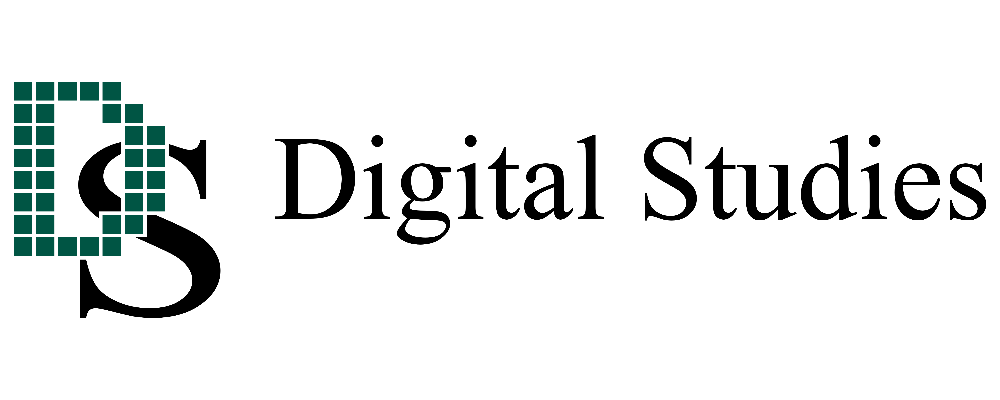Networking Ecologically Smart Territories
Veuillez trouver ci-joint le lien vers le site du projet NEST : https://www.nestproject.eu/
Programme d’échange Marie Curie Real Smart Cities
L’objectif principal de Networking Ecologically Smart Territories (NEST) est de tester l’hypothèse selon laquelle la diversification numérique – la nodiversification et la technodiversification que nous posons sont les conditions de la résilience des sociétés humaines – détient la clé d’une réinvention de l’économie industrielle contemporaine, hautement prolétarisante. Pour cela, un grand projet de mobilité de recherche transdisciplinaire est nécessaire, l’un qui articule des situations territoriales locales avec des préoccupations internationales dans le contexte de l’Anthropocène
Les objectifs seront atteints grâce à un échange international et intersectoriel de chercheurs et de personnel entre les partenaires universitaires et non-universitaires de NEST. Le consortium NEST est composé de 11 partenaires, 4 partenaires académiques de l’UE TU Dublin (IRL), l’Institut de recherche et d’innovation IRI (FR), Université de Paris Lumières (FR), Université de SALSKI (PL) et 2 partenaires académiques de pays tiers Universidad de las Artes, UARTES (EC), Berkeley University (US) et 5 partenaires non académiques, Dublin City Council, DCC (IRL), Conseil Départemental Seine-Saint Denis, CSSD (FR), Factory Full of Life (PL), Disnovation (FR) et le Conseil du gouvernement des îles Galápagos (CE).
Il y a 3 work packages académiques. Nous prolongerons la critique du numérique déjà entreprise par le Digital Studies Network pour
. Reconsidérer les fondements de la théorie informatique par rapport aux concepts de localité, de néguentropie, d’anti-entropie, d’économie des données et d’IA en réseau en développant les concepts de technodiversité et de cosmotechnique (WP1)
. Expérimenter et introduire de nouvelles formes de responsabilité collective à travers l’expérimentation territoriale, permettant de nouvelles formes de participation citoyenne à la gouvernance locale à travers la recherche contributive (WP2)
. Expérimenter et développer un réseau de territoires laboratoires de recherche contributive numérique afin d’étudier les contraintes agissant sur la vie et les archipels de niches écologiques, en vue de générer des compréhensions locales des singularités vivantes et des coopérations fonctionnelles entre territoires laboratoires et universitaires face à la menace planétaire. (WP3)
///
Please find the link to our NEST project site : https://www.nestproject.eu/
NEST is an intercontinental and intersectoral project that links academic research with social and artistic practices to carry out theoretical inquiry on the relationship between digital technologies, living systems and the production of knowledge within territorialized laboratories forming networks of localities. The project is based on contributory research: a method combining traditional academic, artistic, technological and industrial approaches with urban/rural research practices in order to constitute territorial communities integrating different forms of knowledge (practical and theoretical). The heart of the project is a mobility program for an international exchange of researchers and staff across academic and non-academic sectors of NEST actors, which allows the articulation of local territorial situations with planetary concerns in the context of the Anthropocene.
The project rehearses the potential of territorialized knowledge based on a hypothesis that digital diversification conditions the resilience of human societies and holds the key for redesigning the self-destructive model of economic development. Digital diversification – understood as noodiversity (the diversity of the forms of knowledge) and technodiversity (the diversity of technologies as the supports of knowledge) – is believed to support the revaluation of knowledge and to offer a sustainable alternative to the knowledge-unfriendly model of computing platforms.
The principle motive behind NEST is to respond to the generalized proletarianization (the loss of knowledge: the knowledge of how to live, how to do and how to think) asa consequence of the predatory cult of technological innovation, which drives short-sighted markets and destroys localities. Revaluating the vital link between knowledge and locality, the project seeks to invert the direction of technological development and to respond to the systemic crises of the Anthropocene: climate change, biodiversity loss, virological crisis, growing distrust of science, the excess of information, disinformation and the regime of post-truth, understood as the consequences of the misuses of technics and technologies.
